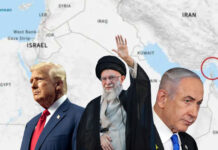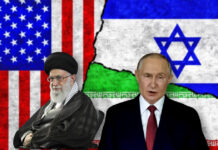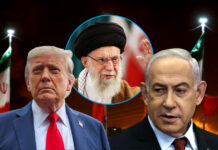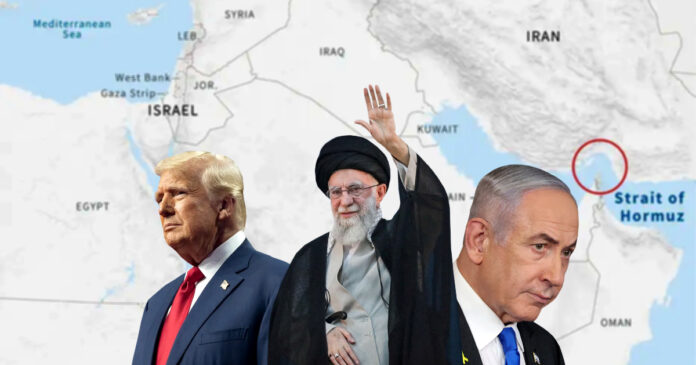After the USA struck three nuclear facilities in Iran, namely Natanz, Fordow and Isfahan, the Islamic Republic of Iran has officially decided to close the Strait of Hormuz in retaliation. At first, this seems like a low-impact retaliation, but only for those who don’t understand the severe impacts of this decision.
This closure can likely send the global economy into a recession due to its ability to increase oil and LPG prices. People are underestimating the economic fallout this can bring.
What is the Strait of Hormuz, and why is it Important?
Among the world’s most important oil chokepoints, the Strait of Hormuz is geo-strategically important to the United States, Asia and beyond, as the strength of the global economy is heavily dependent on the flow of oil.
The strait is located between Oman and Iran, connecting the Gulf to the north with the Gulf of Oman to the south and the Arabian Sea beyond.
It is 33km wide at its narrowest point, with the shipping lane just 3km wide.
About one-fifth of the world’s total oil consumption passes through the strait. Between the start of 2022 and last month, approximately 17.8 million to 20.8m barrels of crude, condensate, and fuels flowed through the strait daily, according to data from analytics firm Vortexa.
Members of the Organisation of the Petroleum Exporting Countries (OPEC) – Saudi Arabia, Iran, the United Arab Emirates, Kuwait and Iraq – export most of their crude via the strait, mainly to Asia.
The Strait of Hormuz is a Lifeline for Global Energy
The Strait of Hormuz is the artery through which nearly a fifth of the world’s oil passes daily. We’re talking about 20 million barrels of crude oil and condensate, in addition to massive volumes of liquefied natural gas.
It’s not just oil, though. Europe specifically is highly dependent on the LNG gas from the middle east after it’s boycott of Russian oil and gas.
Apart from Europe, South East Asian countries like Bangladesh, India and Pakistan source atleast 70% of it’s LNG gas from Strait, and the current closure can have a massive impact on these already economically troubled nations.
That’s why any disruption here sends shockwaves far beyond the Middle East. Remember the 2019 tanker attacks? Or the U.S.-Iran standoff that brought the world to the brink of war after the assassination of Qassem Soleimani? The Strait of Hormuz has always been a pressure point.

When Iran Closes the Strait
Closing the Strait has the advantage of being a means to impose a direct cost on Trump, as it would trigger an oil price spike with a near-immediate inflationary effect in the US and across the globe.
This time, it’s also about retaliation on the basis of recent events and their twisted westernised rhetoric, like the Israel-Gaza war, Israeli strikes on Iranian officials, and Washington attacking the nuclear facilities of Iran illegally.
Surrounded by sanctions and regional rivals, Tehran leans on the Strait as its trump card. And it’s hard to argue with the logic: No country can afford the Strait going dark, not even for a few days.
U.S. Secretary of State Marco Rubio has called on China to help stop Iran from closing it, telling Fox News: “I encourage the Chinese government in Beijing to call them about that, because they heavily depend on the Strait of Hormuz for their oil.”
There are already reports that some supertankers have U-turned in the strategic waterway following the US strikes.
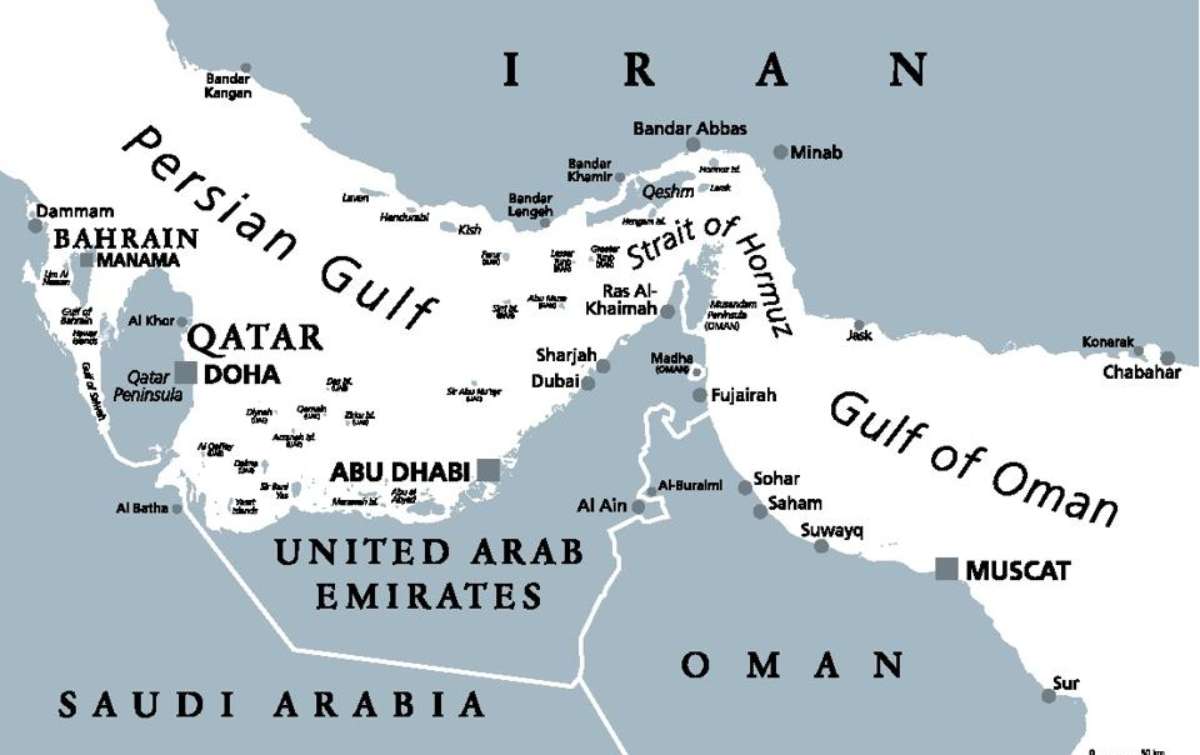
The Global Domino Effect
Global oil prices never take bad news well. Even a whisper of conflict in the Strait of Hormuz sends futures soaring. A full-blown closure would create an oil shock not seen since the 1970s.
Developing countries, already battling inflation and energy crises, would be hit hardest.
Europe, still reeling from its scramble to replace Russian gas, would face a new nightmare. Asia’s industrial giants like Japan, South Korea, China would have to rethink their energy calculus. The United States, despite being a major producer, isn’t immune either.
Then there’s the military cost. Securing the strait would likely take a multinational effort, risking skirmishes or a broader war. Can a war-weary world handle another Middle East conflict?
Stay tuned to Brandsynario for the latest news and updates.





